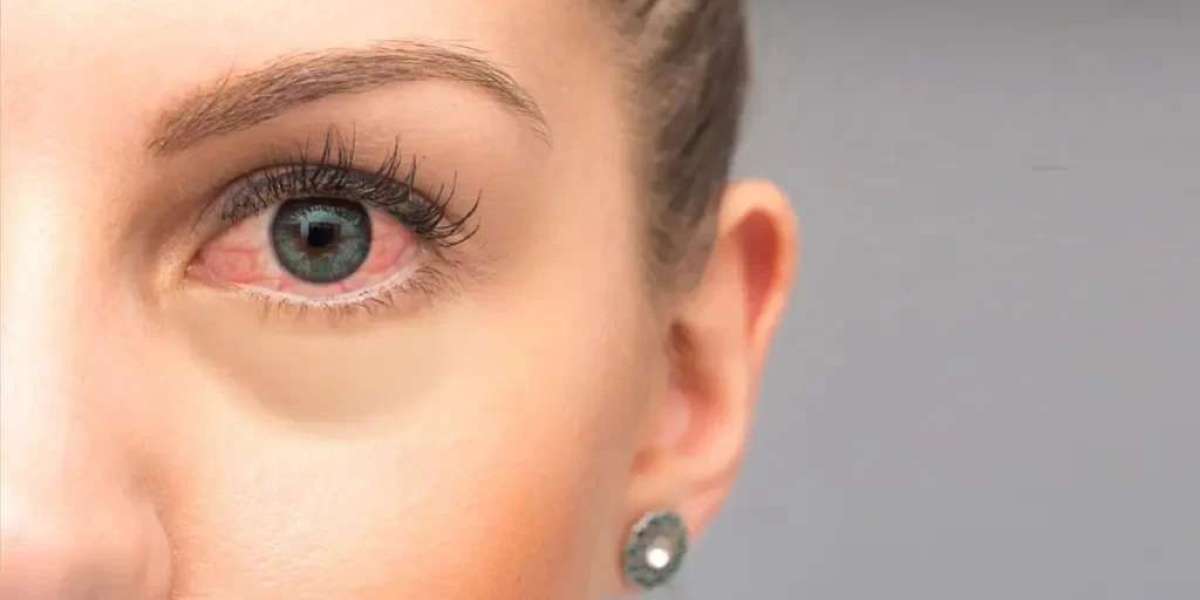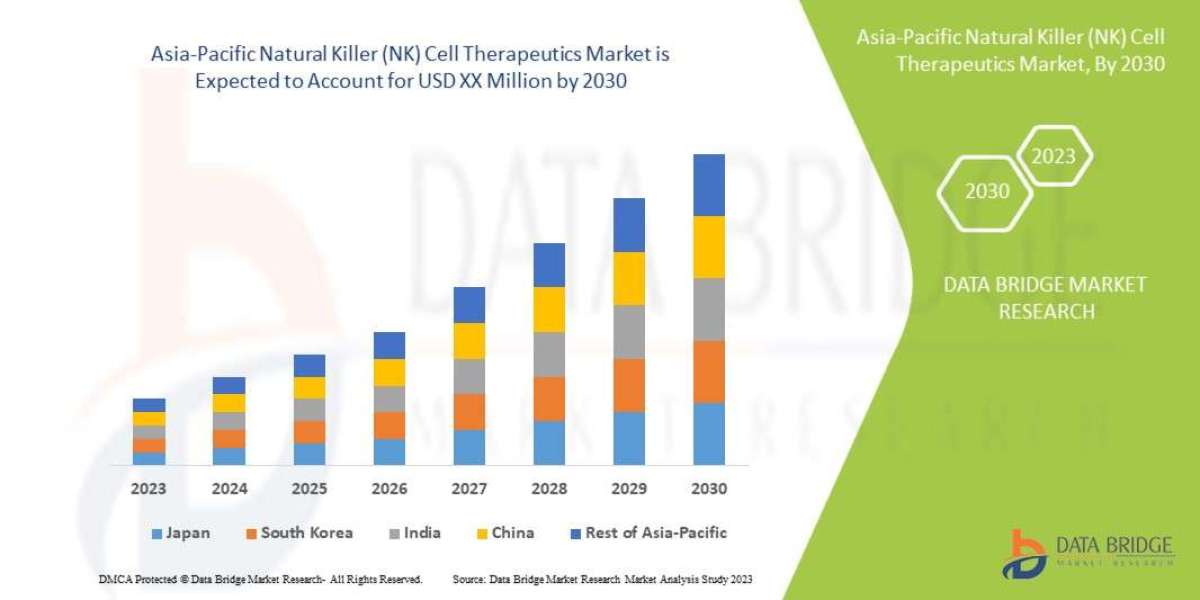Introduction
As we age, our eyes become more vulnerable to a range of conditions that can impact vision, comfort, and quality of life. Among the most concerning issues for seniors are corneal ulcers and hypertensive retinopathy—two conditions that may develop silently but lead to serious consequences if left untreated. Understanding these conditions, their symptoms, and how timely treatment can help preserve sight is essential for seniors and their caregivers alike.
While each condition affects a different part of the eye, they share a common thread: both can significantly impair vision if not properly managed. With advancements in eye care, early diagnosis and expert treatment can make all the difference.
Understanding Corneal Ulcers and Hypertensive Retinopathy
Corneal ulcers are open sores on the cornea, the clear front layer of the eye. These are usually caused by infections, dry eyes, or trauma. Seniors, especially those using contact lenses or with pre-existing conditions like diabetes or dry eye syndrome, are more susceptible to developing corneal ulcers.
Hypertensive retinopathy, on the other hand, is a retinal condition caused by high blood pressure. Elevated pressure over time damages the small blood vessels in the retina, leading to vision loss or even blindness. Seniors with uncontrolled hypertension face a higher risk of developing this condition.
When both conditions are present—or even when one is suspected—prompt evaluation and care from experienced specialists is critical.
Signs and Symptoms Seniors Shouldn’t Ignore
It’s common for older adults to dismiss minor eye discomfort or changes in vision as part of aging. However, being attentive to early warning signs can prevent complications. Here are the symptoms that demand medical attention:
Corneal Ulcers
Eye redness and pain that worsen over time
Sensation of something stuck in the eye
Blurred or decreased vision
Watery discharge or pus
Increased light sensitivity
Hypertensive Retinopathy
Gradual vision changes or blurring
Sudden vision loss in severe cases
Headaches accompanied by visual disturbances
Floating spots or blind spots
Difficulty seeing clearly, especially at night
If any of these symptoms are experienced, especially together, seniors should schedule an immediate evaluation by an ophthalmologist.
How Seniors Benefit from Timely Eye Care
Prompt attention to eye health can significantly improve the outcome of both corneal ulcer treatment and hypertensive retinopathy treatment. Seniors often experience better recovery when care is initiated early, before extensive damage occurs.
Below is how targeted treatment can help:
Corneal Ulcer Treatment: What to Expect
Antibiotic or antifungal eye drops: Prescribed based on the cause of the ulcer, these medications are key to controlling infection and preventing worsening.
Eye patching or shielding: Used to protect the eye from further irritation or injury during the healing phase.
Lubricating drops or ointments: Help maintain moisture, reduce pain, and promote healing.
Advanced procedures: In severe cases, corneal scraping or a corneal transplant may be recommended to preserve vision.
Follow-up care: Ongoing monitoring ensures the ulcer is healing and no scarring develops that could impact vision permanently.
Hypertensive Retinopathy Treatment: Protecting the Retina
Blood pressure control: Managing hypertension is the first and most essential step in treating this condition. Lifestyle changes and medications are prescribed as needed.
Laser therapy: In cases where the retina shows signs of swelling or bleeding, laser treatments may be used to seal damaged vessels.
Anti-VEGF injections: These medications help reduce swelling and protect the retina from further damage.
Retinal monitoring: Regular eye exams with retinal imaging help detect changes before symptoms arise.
Coordination with primary care: Eye care teams work closely with general physicians to stabilize blood pressure and reduce systemic risks.
Why Seniors Must Be Proactive with Eye Health
Vision plays a crucial role in seniors' independence, mental health, and safety. Loss of vision due to corneal ulcers or hypertensive retinopathy can lead to falls, depression, and difficulty managing daily tasks. Routine eye checkups are vital—especially for those over 60 or with existing health conditions like diabetes or hypertension.
Seniors and their caregivers should make eye health a part of their wellness routine, ensuring early detection of conditions that may otherwise progress silently.
How to Choose the Right Eye Hospital for Senior Eye Care
The quality of care received significantly influences recovery and long-term vision outcomes. When choosing an eye hospital, look for facilities that offer:
Dedicated cornea and retina specialists
Advanced diagnostic equipment
Integrated care for seniors with systemic conditions
A track record in treating complex eye diseases
Patient-centered care focused on comfort and outcomes
Choosing the right hospital is not just about treatment—it's about trust, technology, and expertise coming together to protect vision at every stage of life.
Conclusion
Seniors deserve every opportunity to enjoy their golden years with clear, comfortable vision. Conditions like corneal ulcers and hypertensive retinopathy may seem unrelated but share a common need for timely, expert care. With proper awareness, regular screening, and personalized treatment, vision loss can often be prevented or minimized.
At Maxi VisionEye Hospital, a super speciality eye hospital, patients receive comprehensive care from top cornea and retina specialists who understand the unique needs of senior eyes. With advanced diagnostic tools, a compassionate approach, and a commitment to protecting vision at every stage of life, seniors and their families can find confidence in the care they receive.














